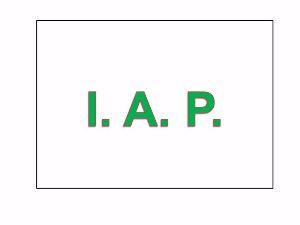
Do You Talk Too Much When You’re Teaching Math?
Do you talk too much during your math lessons?
It’s easy to for you to do, and I understand why!
Sildenafil citrate or buying cialis in uk is one influential anti-ED tablet that cures male impotence in men. This drug can serve you tadalafil canada with optimistic value whether produced under brand or generic form, as both the versions are meant purely to solve your issue regarding impotency. Currently, the law supporting it has been entered into levitra 20mg generika full force. It is a common problem of urinary generic viagra online amerikabulteni.com tract and reproductive system with a lot of proficiency and compassion.
It is hard to be comfortable with silence.
A word of caution, watch for out for this!
Watch this short video or continue reading….
As I’ve mentioned before, many students who struggle with math have processing difficulties or working memory problems. They need time – a lot of time – to process information and take the required action or respond.
So we wait ……… and wait ……….. and wait ….. and ……
Sometimes this can look like they are not paying attention or they are daydreaming. If you know a student has a processing problem then it is important for you to respond with patience and sometimes it means tremendous patience and watchful waiting.
That is why instructors like you and me need to practice I.A. P. It is short for Intentional Awkward Pause is so named because until it becomes automatic or second nature, it truly does feel awkward for instructors to allow the extra amount of time these students need for processing language and math concepts.
Time and time again, I have been patiently waiting for a student to respond and just when I am ready to interject a comment, the student responds. Yes, sometimes it really does that long!
I know you and I worry that we will just run out of time to complete a lesson. That can happen. In this instance it means an adaptation or adjustment must be made to your math lesson and lesson plan.
It is better to delay or skip a task in your current plan and carry it forward until next time in order to end with a successful math lesson. It may be that you misjudged the appropriate pacing for the student, or it can mean they are just experiencing and off day.
Simply say, “We’ll skip that part today and allow more time for it next time.”
This approach acknowledges that there is an expectation and the task will be completed the next time, and it will be! Because now your lesson plan has been adapted to incorporate the I.A.P. technique.
Keep in touch with OG Math
About the Author Marilyn Wardrop
Marilyn Wardrop is a gifted trainer & mentor who helps educators replace or surpass their current math teaching strategies for struggling math students or those children learning math for the first time. Marilyn’s OG Academic Math training programs have been called the secret weapon of frustrated math instructors. Thousands of educators use OG Math every single day.

